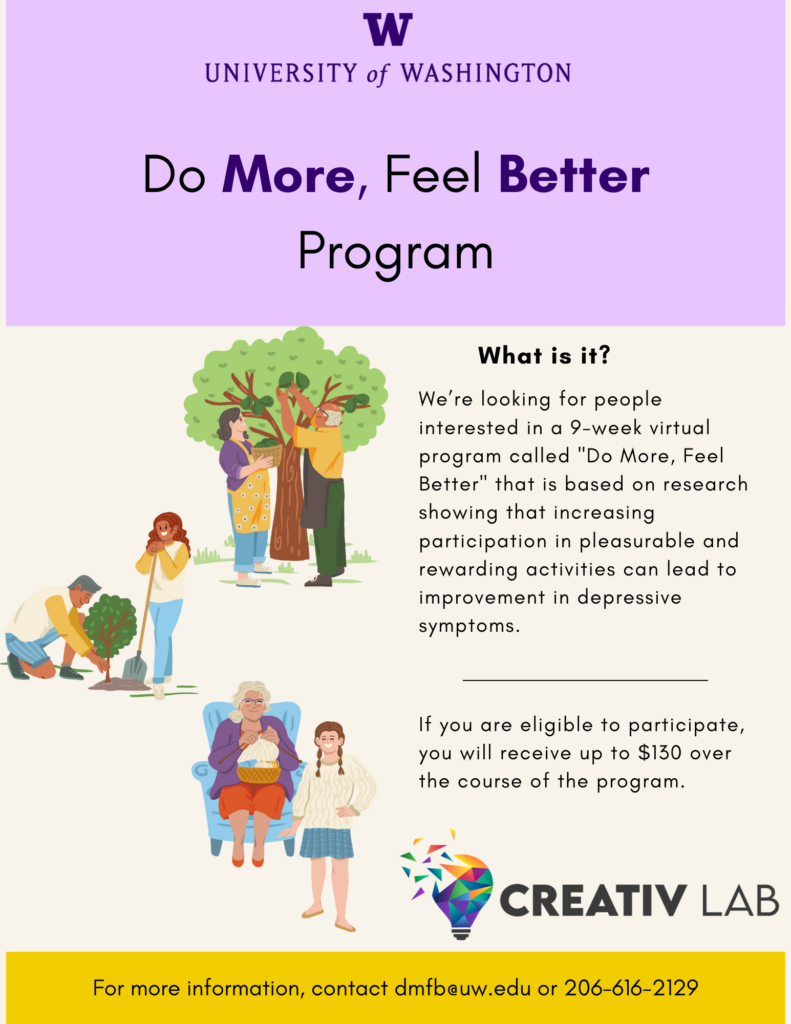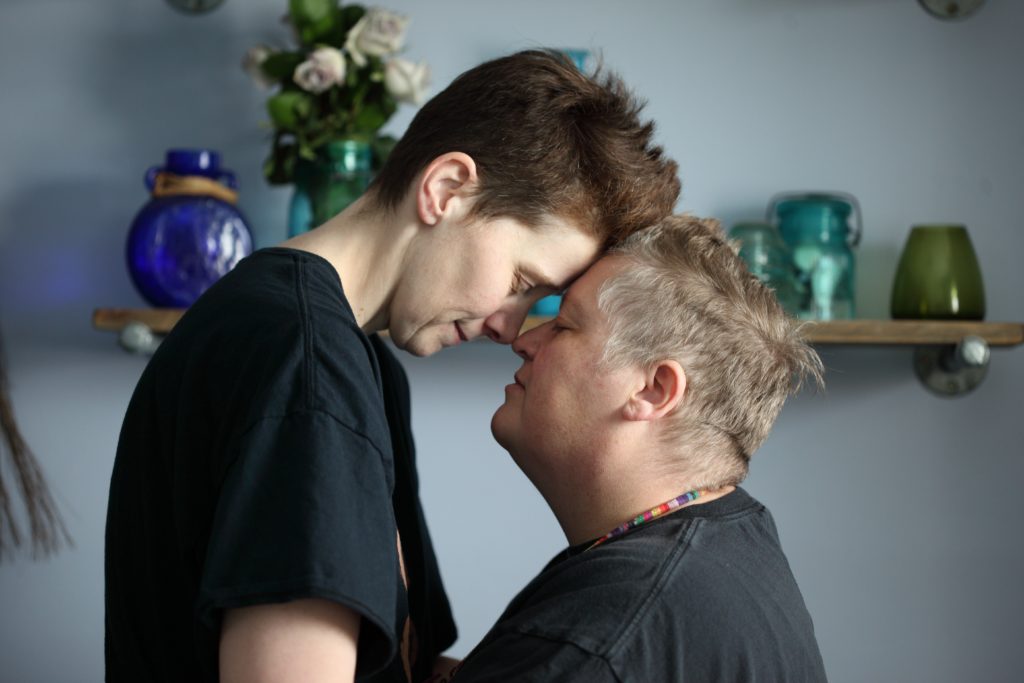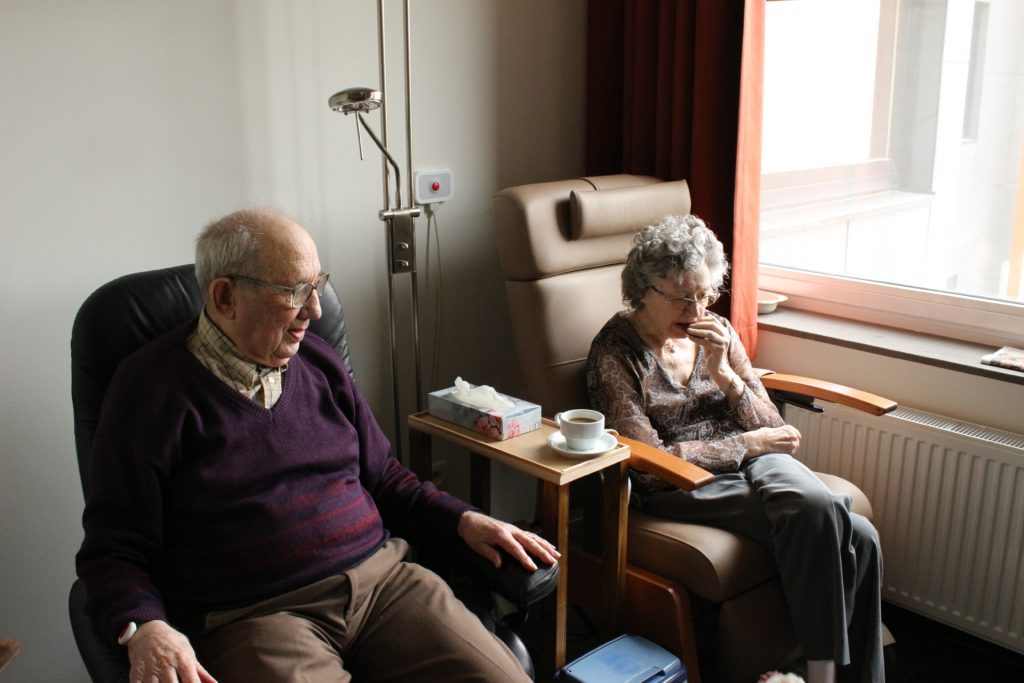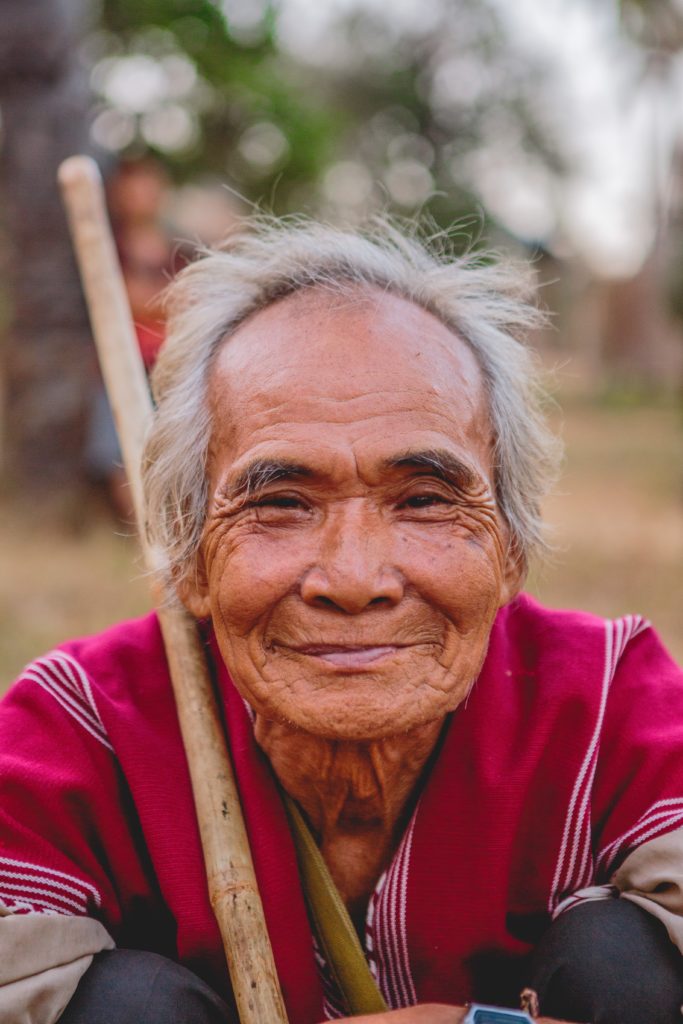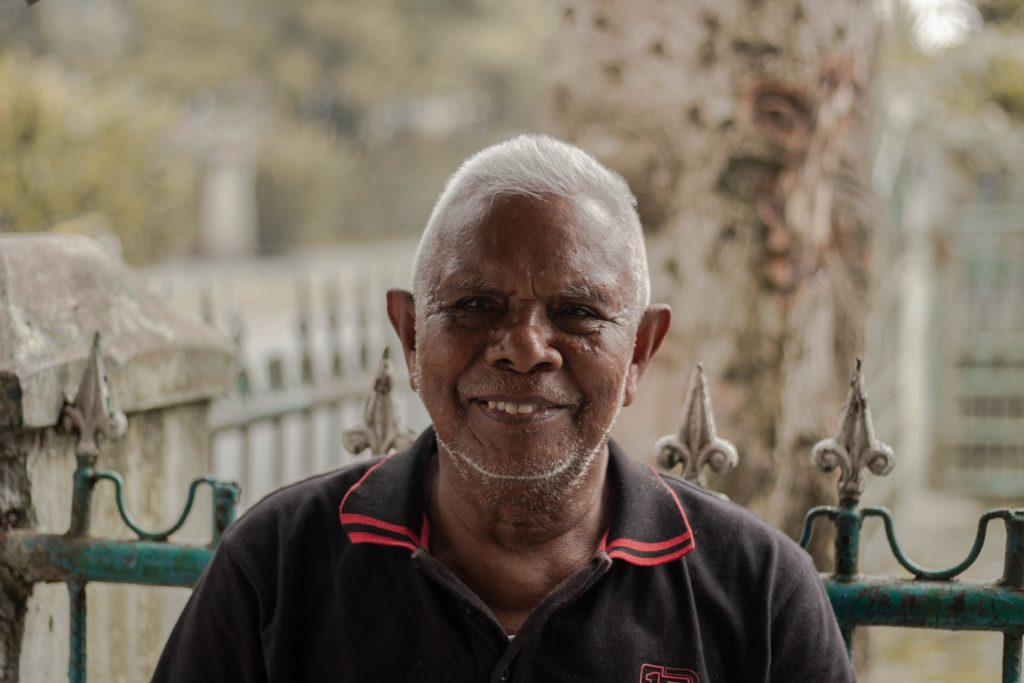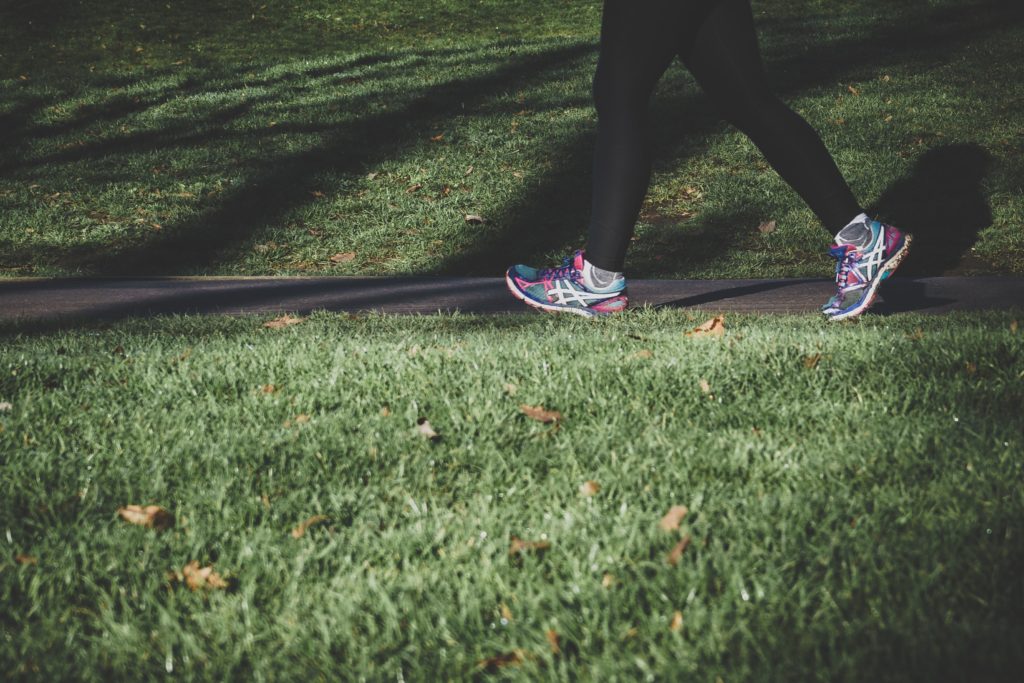Do More Feel Better seeks participants
University of Washington is looking for participants (aged 60+) interested in a 9-week virtual program called “Do More, Feel Better” that is based on research showing that increasing participation in pleasurable and rewarding activities can lead to improvement in depressive symptoms.
If you are eligible to participate, you will receive up to $130 over the course of the program.
For further information contact the study team at (206) 616-2129 or dmfb@uw.edu


